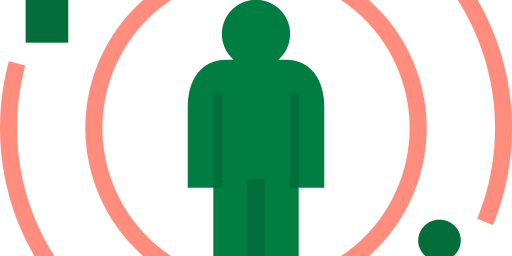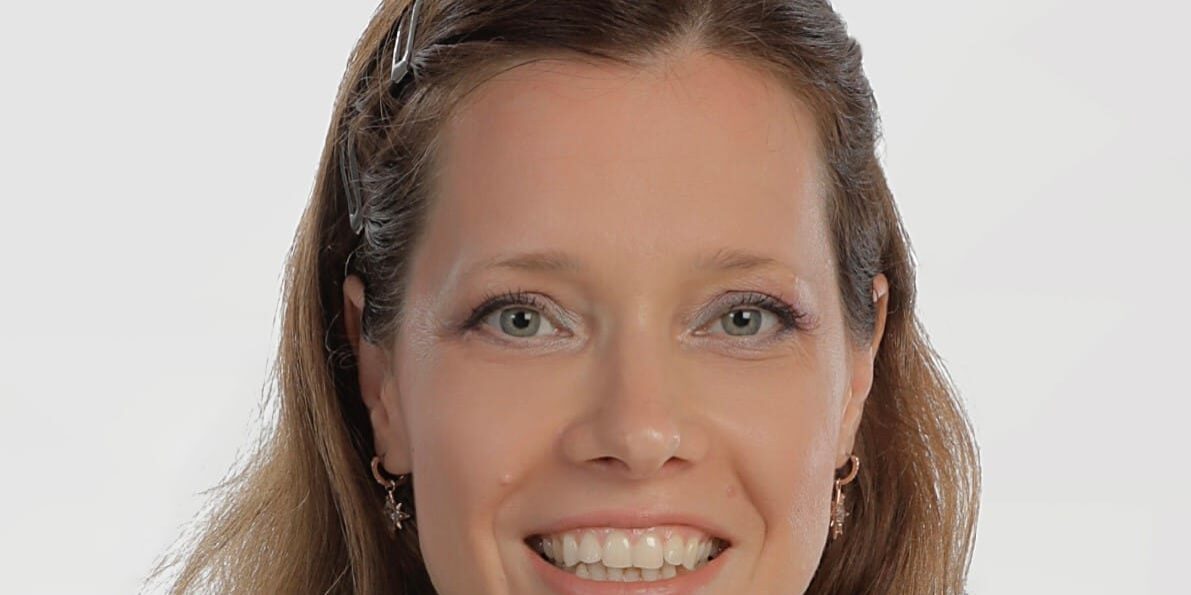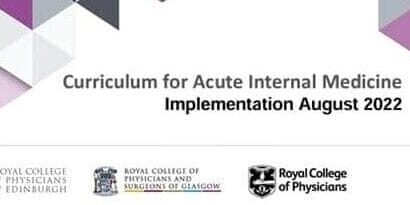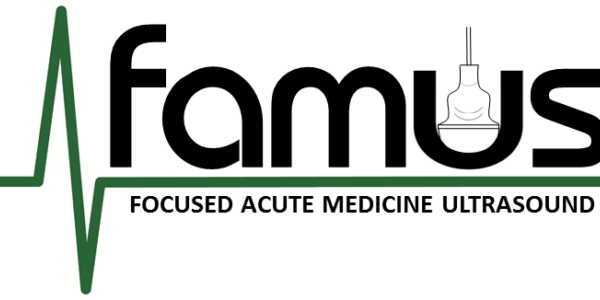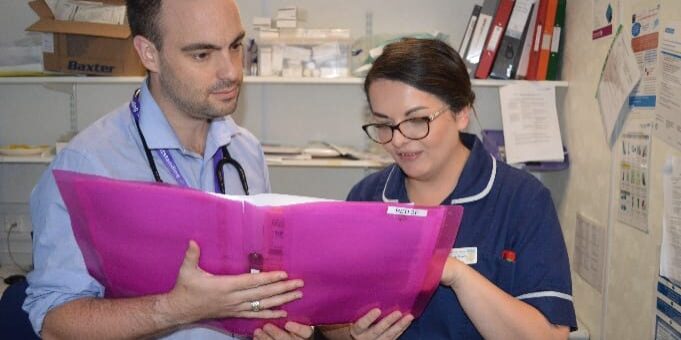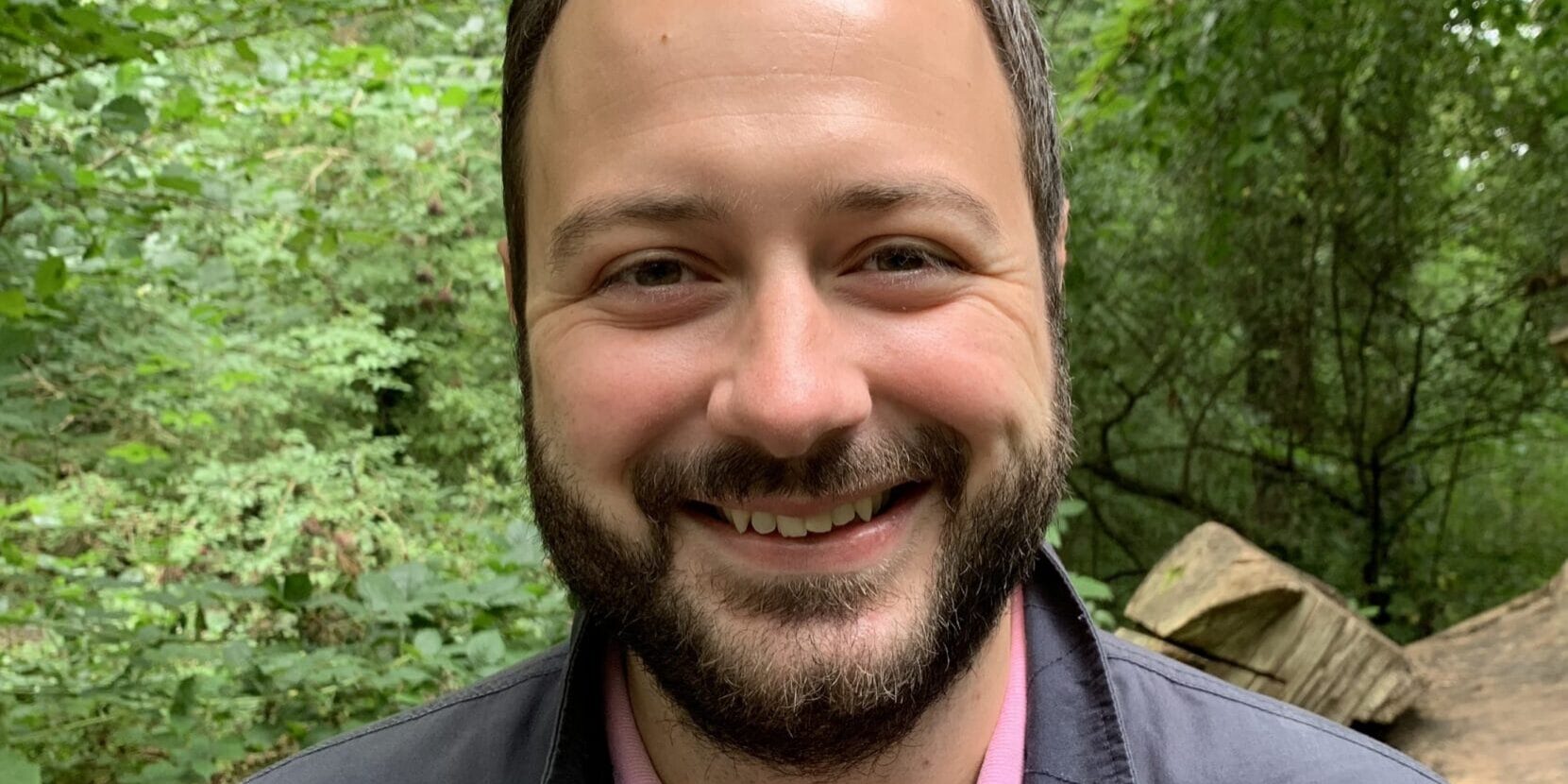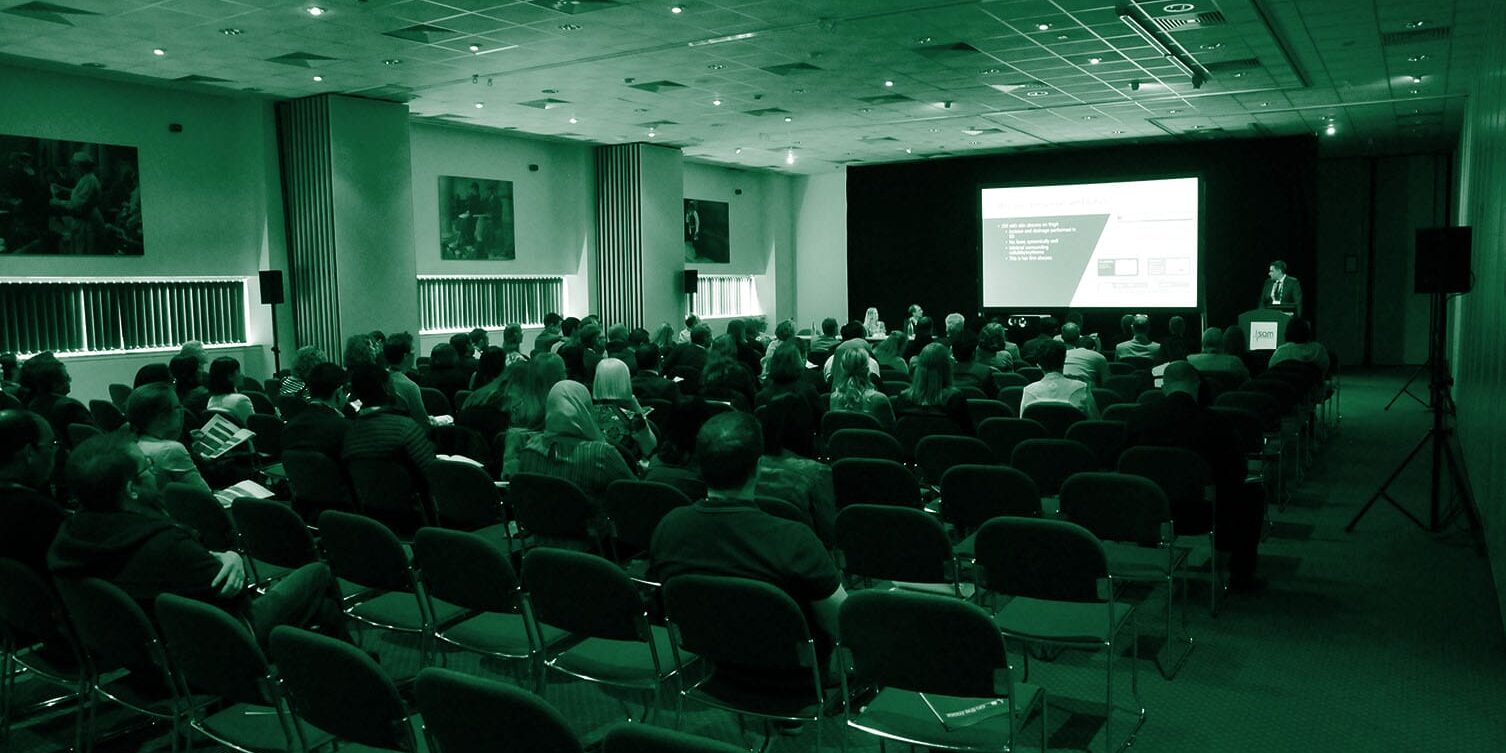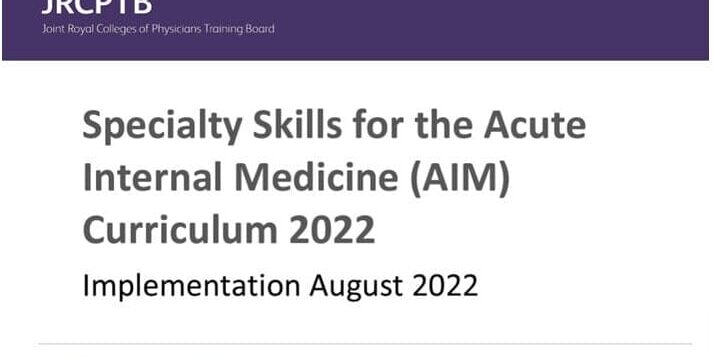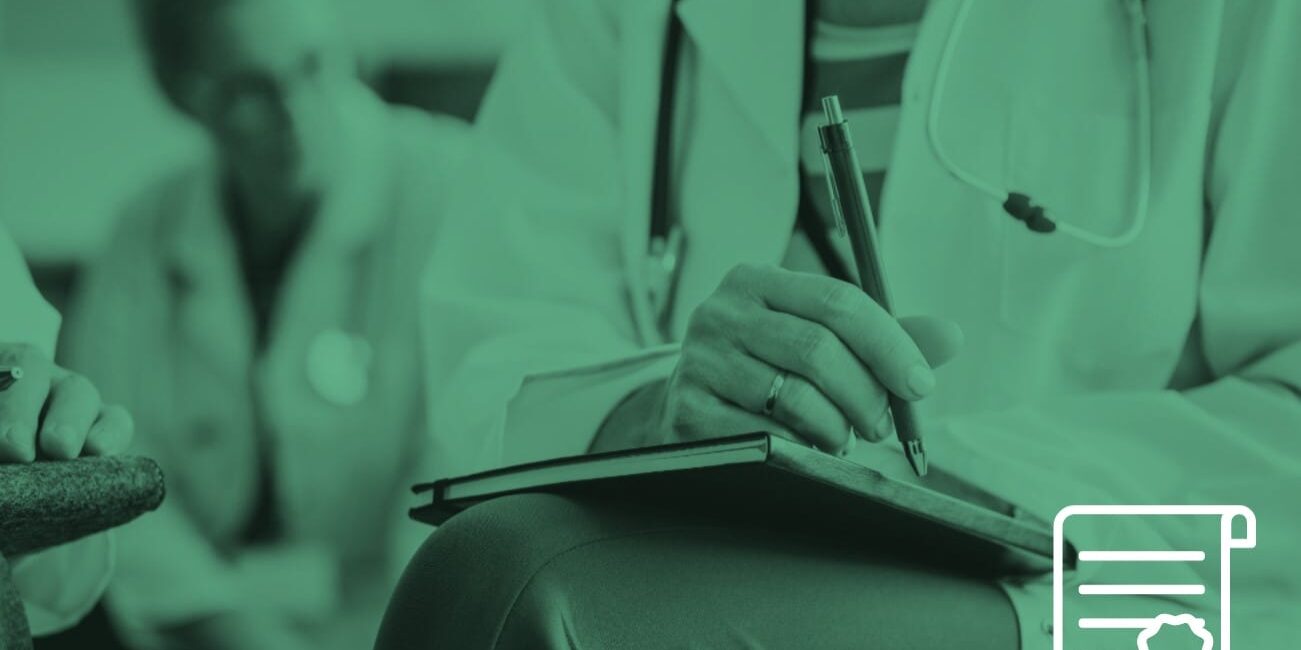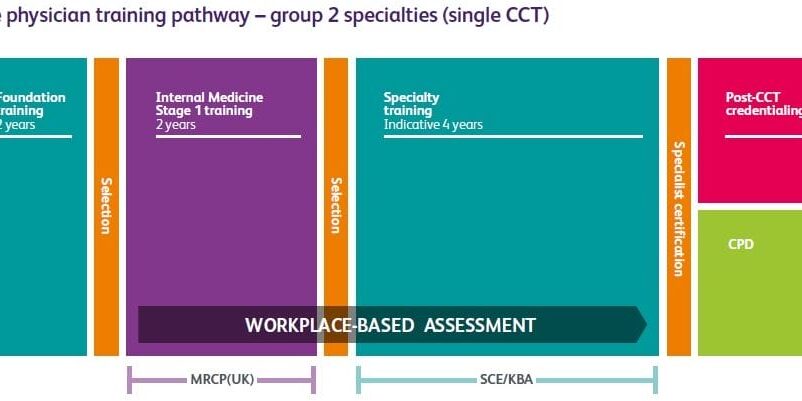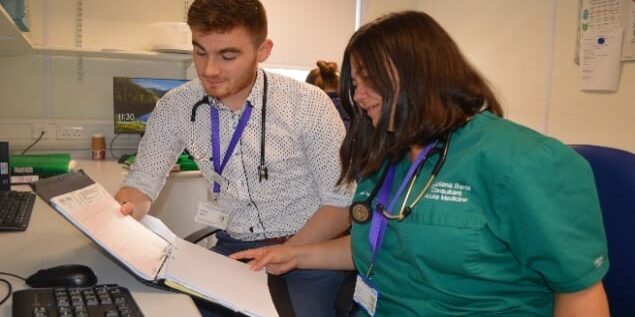Training Hub
Training Reports
Both SAM and the GMC collate their own annual training survey results.
SAM
SAM send out a training survey to all trainees via TPD’s in June/July with reports to TPDs by September of each year. The 2021 summary can be read here:
This year we had more survey responses than ever with 132 trainees responding and at least 1 respondent from each deanery. There was an even spread across the grades from ST3-ST7, with 3% being Out of Programme trainees.
Overall Trainees feel happy with Acute Medicine training. 72% of trainees choose positive options (1-3/6, with 1 being ‘very happy’) and no one said they where ‘very unhappy' with their training. This is an improvement on last year, when 67% chose a positive option and 3% of trainees felt ‘very unhappy’ in Acute Medicine Training.
What trainees liked least was not being respected by other specialties, which appears to be a recurring theme from last years survey. In particular respondents disliked not being respected as a trainee while undertaking other specialty placements. Each year takeAIM and SAM undertake an Acute Medicine Awareness week to promote acute medicine throughout the hospital and to other specialties. We recommend organising a day or event to promote acute medicine which helps other specialties understand our place within the hospital structure.
Difficulty achieving specialist skill was also highly recognised as an issue. All trainees should have one session a week that is added to their timetable or rota for developing their specialist skill. However 47% of trainees are still not getting this, with some trainees not aware they are entitled to this. Whilst this is an improvement from 54% last year it still presents a significant issue. If you are not getting your scheduled session please discuss this with your clinical or education supervisor, or alternately your Training Programme Director (TPD).
52% of respondents reported that they are expected to cover more gaps on the GIM rota than non-AIM trainees, which has increased from 41% from last year. This is likely due to de-escalation of COVID rotas which has led to more gaps appearing on Registrar rotas.
Regarding procedural skills, 39% where able to get procedural competencies. Chest drain for pneumothorax appears to be the most challenging procedure to obtain with 40% of trainees saying they struggle to get this signed off. This is likely due to the nature of the procedure, with it largely being an emergency intervention. The incoming 2022 AIM curriculum has additional procedural skills including intraosseous access - which can be via Skills lab, setting up non-invasive ventilation or CPAP and point of care ultrasound. Further information on the new curriculum will be coming soon.
Teaching within training programmes appears to have begun again with 61% of trainees saying they had access to regular AIM training days in the past year, which has improved from 44% last year. At SAM we have developed a section on the website called the ‘Learning Hub’ where we aim to showcase AIM teaching from across the nation. This will allow trainees who do not have regular access to teaching to join other teaching at their own leisure. Please liaise with your TPD if you have recorded session which could be uploaded to the Hub (not sure if this is appropriate or if something needs to be said about bearing in mind the rules/copyright law)
It is great to see that 92% of our trainees would recommend AIM as a career choice, this is a further increase from last year, when 90% of trainees said they would recommend AIM as a career choice.
We have provided each of the TPDs with the deanery specific feedback. If you have any questions or comments, please contact us or your TPD.
GMC
The GMC National Training Survey is sent out to trainees in all specialties in April/May each year. Whilst it does include some specialty or group specific questions the majority of data collected represents all respondents.
The 2021 report makes interesting reading given the effect of the pandemic on trainees experience but it doesn’t include any specific questions relating to acute medicine trainees.

